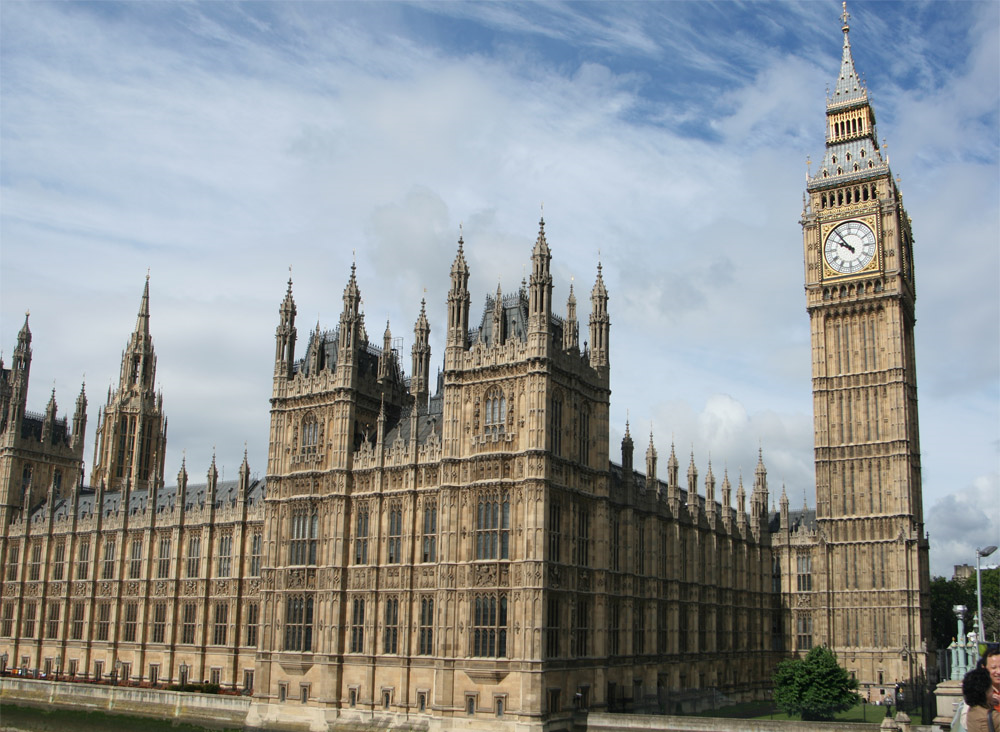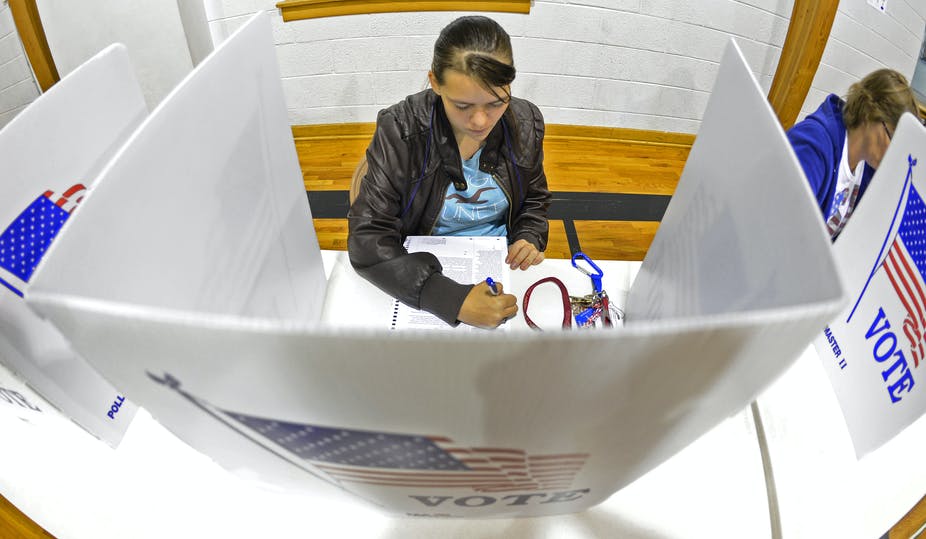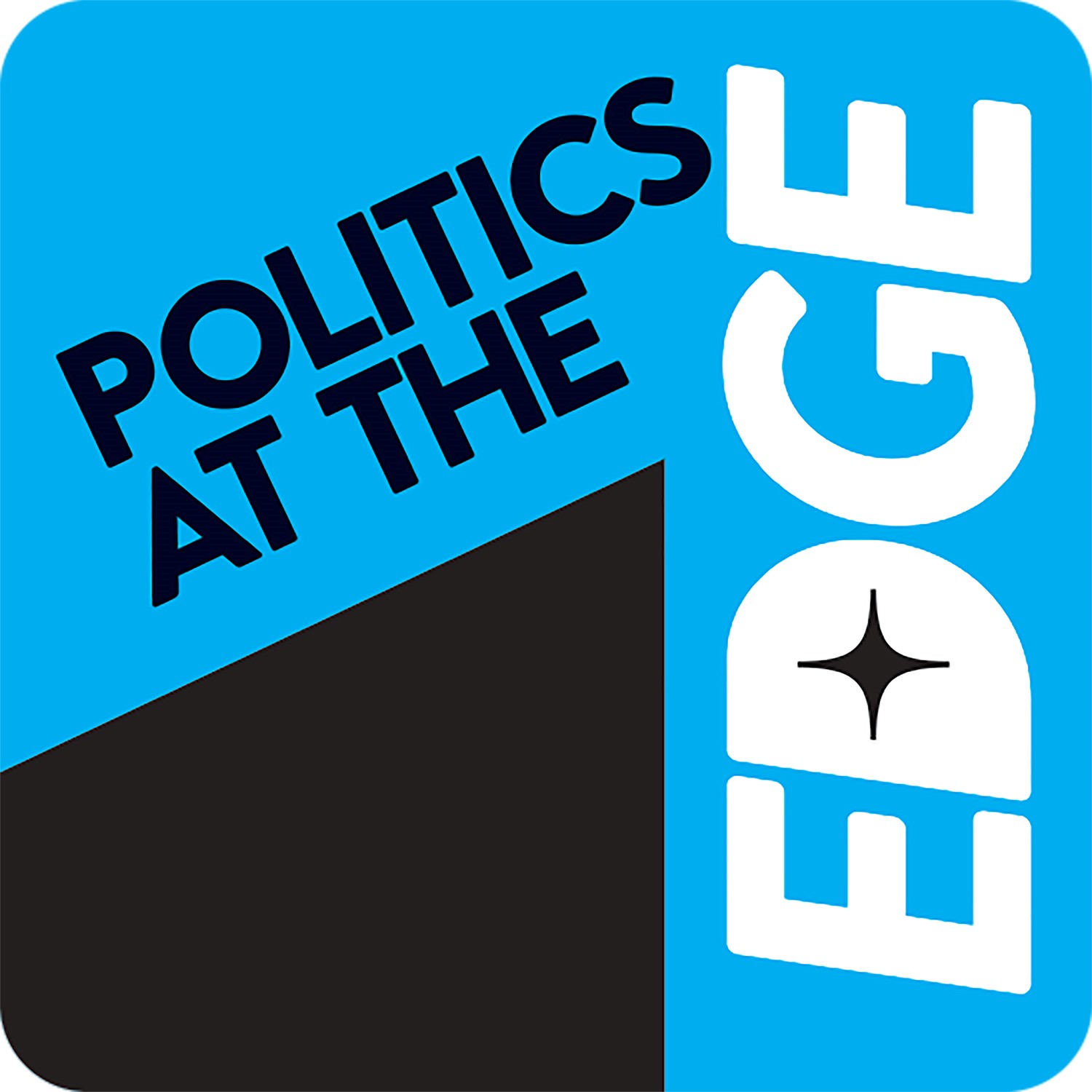The UK recently banned National Action– a far-right extremist group that had risen to prominence for its glorification of Nazi atrocities and of the killing of Jo Cox MP. This brought the total number of groups listed under the UK’s proscription regime to 85. Lee Jarvis and Tim Legrand tease out ten key features of the parliamentary debates that led to the action, and explain that these also featured in equivalent debates over the past 16 years.
Over the past couple of years, we have been researching how politicians, as members of the legislature, debate the government’s efforts to add new organisations to the list of groups banned under terrorism laws. These debates are important, we feel, because they say something about the nature of contemporary security politics (illustrating how threats are identified, prioritised, and responded to), and because they tell us something, too, about the politics of democracy and parliament in the contemporary period.
An early article from this work argued that these debates are significant moments in the (re)production of national identity. Forthcoming articles take this further, exploring the importance of specific questions within these debates, and arguing that the debates might be thought of as a form of political ritual, rather than a decision-making process in any meaningful sense.
We draw on this research to tease out ten key features of the parliamentary debates that led to the banning of National Action- the latest of 85 groups to be listed under the UK’s proscription regime. Each of these features were predictable from a reading of equivalent debates going back across the 16 years since the passage of the Terrorism Act: hence the ritualistic nature of the proscription regime. So we present them as a set of ten guidelines on how one might go about banning terrorist organisations.
The glibness of this presentation is not, of course, in any sense an argument that National Action and the activities of its members are not deeply unpleasant. Nor is it to trivialise the violences this organisation appears to have revelled in, nor even to argue that there is anything untoward or problematic in the use of proscription in this case (although the power’s efficacy as a counter- terrorism tool is certainly contestable). Rather, it is an effort to take these debates seriously because the politics and performances of security in democratic states such as the UK matters a great deal. Both debates can be accessed via Hansard- see here for the debate in the House of Commons, and here for that in the House of Lords.
1. Establish a clear demarcation between self and other
The two recent debates are saturated by a distinction between National Action, on the one hand, and the UK self- variously embodied by the government, Parliament, or the nation more broadly -on the other. The former is ‘racist’, ‘neo-Nazi’, and irresponsible in its ‘endorsing (of) violence against ethnic minorities’ (Ben Wallace). It ‘rejects democracy’ (Baronness Williams) and follows a ‘warped, demented ideology’ (Jim Shannon) which is ‘virulently racist, anti-Semitic and homophobic (Lord Rosser).
‘We’, on the other hand, embody a cautious and responsible political process in which ‘the Home Secretary exercises her power to proscribe only after thoroughly reviewing the available evidence on an organisation’ and therefore with ‘great care and after careful consideration of the particular case’ (Ben Wallace). Our ‘core (British) values’ (Ben Wallace) stand, then, in direct contrast to this group- which ‘is clearly a terrorist organisation’ (Louise Haigh)- whose ‘appalling words’ (Richard Arkless), infringe upon ‘the right of free speech for the rest of us’ (Baroness Hamwee).
2. Situate Parliament’s actions in wider socio-political context
This might involve invocation of (presumed) public support for a particular proscription decision- ‘People will welcome this move today’ (Luciana Berger). Or, alternatively, praising the counter-terrorism work of the security services, police and other security professionals: ‘I visited the Metropolitan police’s counter-terrorism unit and saw at first hand the difficult work it does to detect terror threats’ (Diane Abbott); a unit, indeed, who ‘day after day, day and night, work so hard to keep us safe’ (Keith Vaz).
3. Emphasise the threat posed by the (soon-to-be) proscribed group
This can be done directly- ‘Anyone who seeks to glorify the Nazis is a threat to this country and our values’ (Ben Wallace)- and- ‘this far-right group is a genuine threat to our domestic security’ (Diane Abbott). Or it can be done indirectly, for instance with a nod toward necessarily secret information: ‘I cannot expand on the intelligence behind this particular decision’ (Ben Wallace), and ‘noble Lords will appreciate, I am unable to comment on specific intelligence (Baroness Williams). The soon-to-be proscribed group might be sizeable, possessing a ‘number of branches’ despite being ‘relatively small’, and its threat may be growing, such that ‘Since early 2016, National Action has become more active’ (Ben Wallace). The vulnerability of its potential victims, moreover, – not least potentially ‘impressionable young people’ (Diane Abbott)- might also be emphasised, given that we are dealing here with the lowest of the low and those who threaten the very democratic process that we (Parliamentarians) are privileged to be part of’ (Jim Shannon)
4. Draw upon historical analogies…
Easy, in this case, given this organisation’s apparently explicit support for Nazi atrocities.
5….and construct equivalences with other contemporary threats or moral panics
National Action’s use of the internet should be acknowledged ‘for what is a kind of grooming’ (Ben Wallace). Debating its proscription, moreover, offers opportunity to discuss other concerns such as ‘Dissident Republicans (who) have access to Semtex’ (Jim Shannon).
6. Sprinkle the debate with appropriate tropes
This might help to demonise the organisation and its ‘evil tentacles’ (Keith Vaz)- as the latest incarnation of terrorism’s ‘scourge’, the ideology of ‘which has become a cancer’ (Diane Abbott).
Alternatively, but as helpfully, employ rhetorical flourishes to demonstrate the need for steadfastness in a most difficult set of circumstances, perhaps by noting that ‘we cannot give an inch’ to groups like National Action (Diane Abbott).
7. Clarify the value of proscription as a counter-terrorism tool
This is another mainstay of parliamentary discussion around the addition of new organisations to the UK’s list, with often near- verbatim accounts of proscription’s value stretching across these debates. So, as is normally the case, we saw proscription this week being described as performing multiple functions, including ‘halt(ing) fundraising and recruitment’ (Ben Wallace) enabling the police to carry out disruptive action’ (Ben Wallace) and ‘send(ing) a strong message that we will not tolerate terrorist activity here’ (Baronness Williams).
8. If in opposition, be explicit in providing full support for the executive’s actions
As Diane Abbott put it, using language entirely characteristic of these debates regardless of party political allegiance: ‘The Opposition welcome this order proscribing the new Nazi group national Action and give it our full support’. Fellow Labour MP Keith Vaz similarly noted, ‘I welcome the decision to ban this group’, as did Richard Arkless from the SNP: ‘We in the SNP support this organisation’s being added to the proscribed list’. If in government, in contrast, don’t forget to thank the opposition for their support: ‘I am grateful to the Labour Party…for their support’ (Ben Wallace).
9. Use the debate to ask tangentially related questions
Common here is the fate of ostensibly similar organisations who might be equally deserving of listing, such that ‘Will my hon. Friend tell the House whether any other groups similar to this particularly unpleasant group are near to having the same sort of decision made about them by the government?’ (Nicholas Soames). More directed interventions point instead toward specific organisations: ‘I also want to take this opportunity to call on the government to give time to debate the proscription of Britain First’ (Louise Haigh). Equally common- for those concerned about the effects of specific proscription decisions upon particular communities are questions about the de-listing of organisations already on the UK’s list ( a notoriously difficult process): ‘Have there been any deproscriptions since the last time the House passed an order proscribing an organisation in July?’ (Keith Vaz).
10. Proceed to the end of the debate and pass the motion
Having discussed proscription’s value, having asked questions of the executive, and having elaborated on the threat posed by the specific organisation in question, move (fairly swiftly) to add it to the list of banned groups. In the UK, at least, Parliament always approves orders to add organisations to this list. This is so even in the case of multiple organisations which must be added in their entirety, given that proscription orders cannot be altered. It is even the case, indeed, where specific legislators are explicit in their lack of knowledge about soon-to-be proscribed organisations, including in those cases where they lack access to the information required to question the government’s decision.
This post originally featured on the LSE Politics and Policy blog
Lee Jarvis is a Reader in International Security at the University of East Anglia
Image Credit: Flickr





